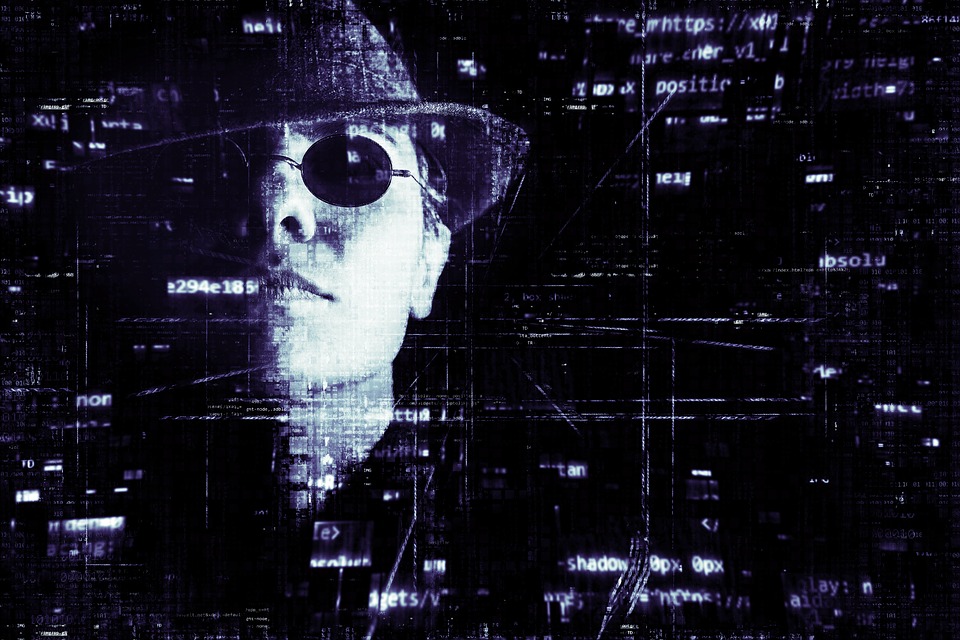Red Cross aims to make civilian wartime hacking more humanitarian
The role of civilian hackers during warfare continues to expand, and now at least one group is trying to set up some rules of engagement.
But whether the proposal from the International Committee of the Red Cross announced Wednesday will gain any traction and make these attempts more humane is anyone’s guess.
Civilian hackers have participated for a long time in various wartime conflicts, as documented by this article today in the Washington Post. For example, hackers targeted Western pro-Syrian supporters back in 2013, and Greek hackers in 2020 targeted numerous Azerbaijani government websites in support of Armenia.
Back in 2010, Richard Clarke in his book “Cyber War: The Next Threat to National Security and What to Do About It,” only envisioned the scenario where state-sponsored cyberattacks occurred. That seems almost quaint by today’s actions that have expanded into civilian participation.
Another analysis in Lawfare by Kubo Macak, a legal adviser to the Red Cross, cited government-run cyber operations that date back decades. He cites repurposing civilian smartphone apps for military use, such as reporting on enemy troop movements for weapons targeting.
What’s different today is that the Russian/Ukraine war has erased numerous boundaries between civilians and the military. This happened through attacks by both governments on civilian targets and by both governments recruiting civilian hackers to participate in various cyber offensive operations. One analysis written back in 2022 found that despite the initial foray of Russian cyberattacks, they have had minimal impact on Ukraine.
A good illustration of this blurred line is how essential Starlink’s internet access has been for the Ukrainian government’s military operations – a civilian technology that has direct military application.
“The digitalization of societies has fundamentally shifted the role of civilian involvement in conflicts in both quality and quantity,” Macak says. Civilians now have a “direct contribution to the operations on the digital battlefield as support to kinetic operations.”
In their paper, the Red Cross advisers Tilman Rodenhäuser and Mauro Vignati point out it…

